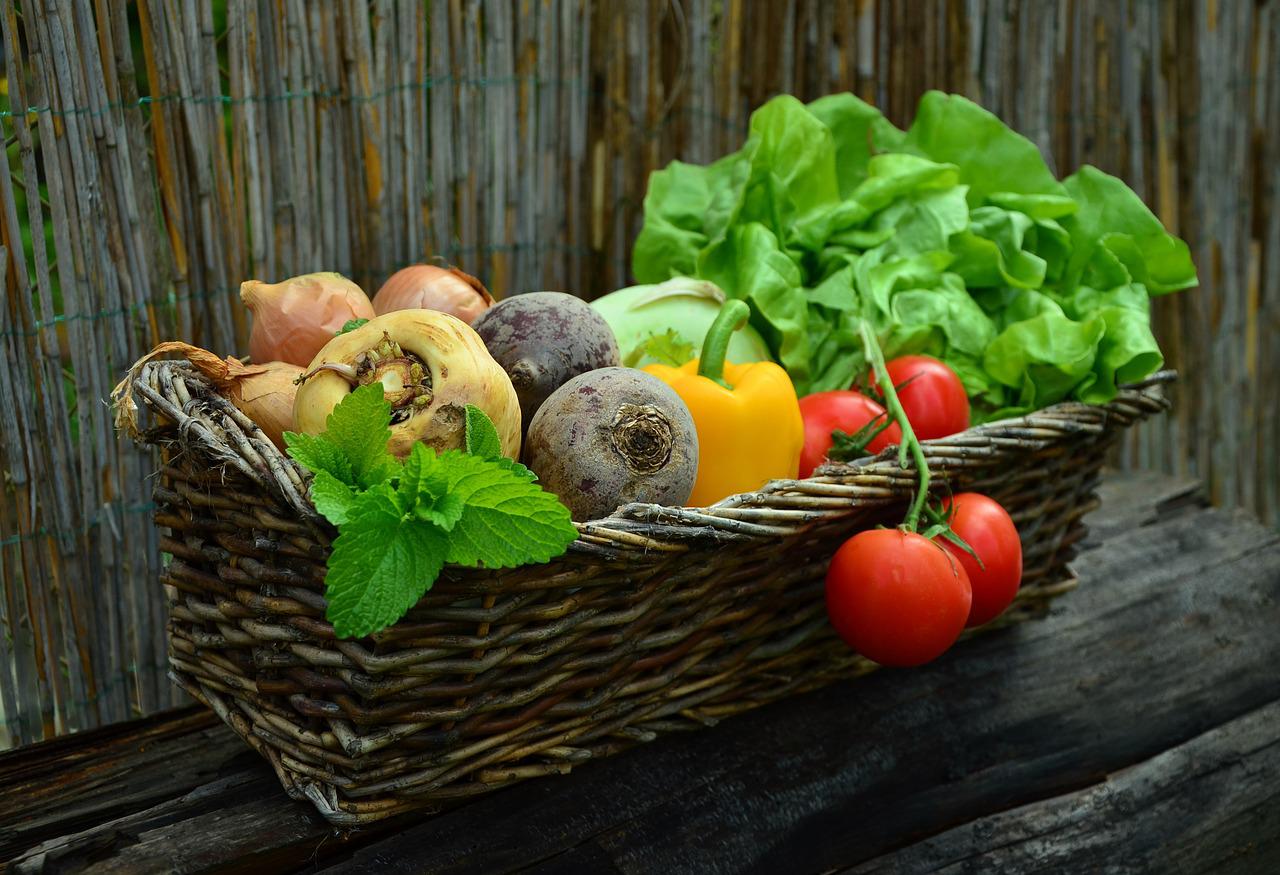
Post-Brexit, what are the changes to the rules on importing, exporting and labelling organic food and other products?
04/05/22
The rules for importing and exporting changed from 1 January 2021, with resulting changes in labelling requirements. This article examines some of these changes.
Importing and exporting organic food and feed – changes from 1 July 2022
For the purposes of organic food and feed, the UK and the EU (plus Norway, Iceland and Liechtenstein) have recognised each other as equivalent until 31 December 2023. However, there are soon some changes coming up:
1. GB organic businesses sending goods to the EU
GB organic businesses can still export goods to the EU, and they also can still use the EU organic logo. All organic goods exported to the EU must have a valid certificate of inspection (COI) using the EU’s Trade Control and Expert System New Technology (TRACES NT).
If you use the EU organic logo for GB exports to the EU, you’ll need to include both the GB statement of agriculture (‘UK or non-UK Agriculture’) and the EU statement of agriculture (‘EU or non-EU Agriculture’).
2. EU organic businesses sending goods to UK
From 1 July 2022, organic products coming from the EU will require a GB certificate of inspection (COI).
3. GB organic businesses sending goods to non-EU countries
Some non-EU countries may require an export certificate for each consignment of organic goods or feed. Some food and feed certified as organic in Great Britain is also recognised as organic in several countries, including Australia, Canada, Japan and the USA.
4. Non-EU businesses sending goods to UK
All organic goods imported from non-EU countries must have a valid GB COI. The government website lists control bodies and authorities that can apply for recognition in countries outside the UK for export to Great Britain. These bodies and authorities must reapply for recognition to certify to a GB organic standard by 29 April 2022 for recognition from 1 January 2023.
Statements of agricultural (organic) origin – changes from 30 September 2022
To label products as organic, you must register with one of the UK’s organic control bodies (such as the Soil Association) in order to be certified.
You must include one of the following statements on all organic pre-packed products produced in Great Britain:
- ‘UK Agriculture’, where the agricultural ingredients are produced in the UK
- ‘UK or non-UK Agriculture’, where the product is produced using a mixture of agricultural ingredients grown in the UK and outside the UK
- ‘Non-UK Agriculture’, where the agricultural ingredients are produced outside the UK
You must make these labelling changes to products for the UK market by 30 September 2022.
You can include the EU organic logo on GB organic food or feed. If used, the organic product must meet the EU organic labelling requirements and include an EU statement of agricultural origin (‘EU’ or ‘Non-EU Agriculture’). You must also include a UK statement of agriculture.
UKCA marking – changes from 1 January 2023
The UKCA (UK Conformity Assessed) marking is a new UK product marking used for goods being placed on the market in Great Britain. It covers most goods that previously required the CE marking.
The UKCA marking came into effect on 1 January 2021, but to allow businesses time to adjust, you will still be able to use the CE marking until 1 January 2023 in most cases.
However, the CE marking is only valid in Great Britain for areas where GB and EU rules remain the same. If the EU changes its rules and you CE mark your product based on those new rules, you will not be able to use the CE marking to sell in Great Britain, even before 31 December 2022.
UKCA marking is not recognised on the EU market. Therefore, products will still need a CE marking for sale in the EU.
Please contact us if you have any queries regarding the above.
Warning: The above is merely general guidance and should not be relied upon as formal advice. The advice we give to each client will depend on their specific circumstances. We suggest you take professional advice before taking any action in relation to the issues discussed above.




